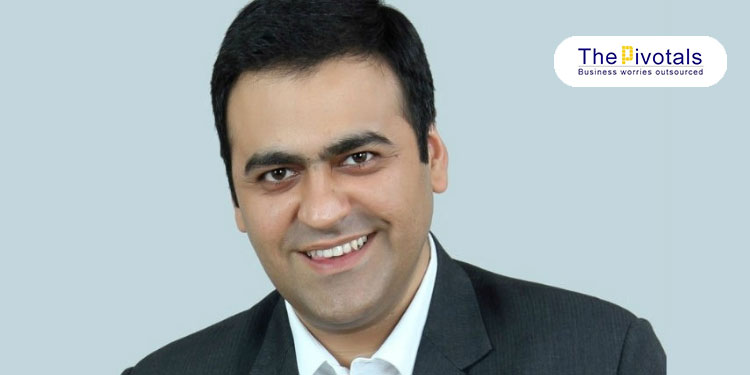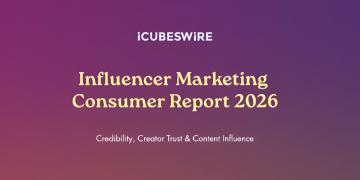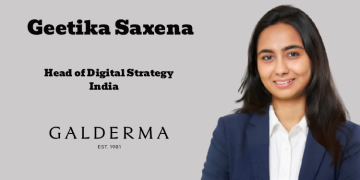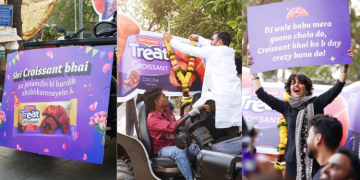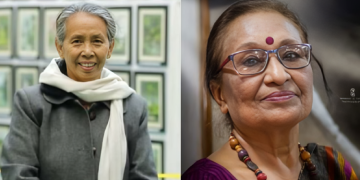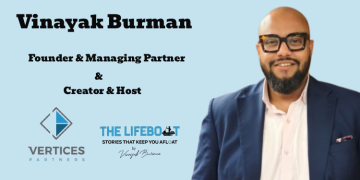Social media has expanded its cultural and political dominance to an unprecedented level. Today, the people who can steer the online world are the ones who rule it, too. Stardom is commonplace, and all you need for your two seconds of fame is a viral piece of content that will catapult you to recognition.
But what happens when these same social media stars have a run-in with the law of the land?
The recent case of AltNews co-founder Mohammed Zubair is a classic example of this scenario. Zubair has been booked in two police cases under provisions of the Protection of Children from Sexual Offences Act and the Information Technology Act. The charge? A Twitter user responded to one of Zubair’s posts with an abusive message. To this, he replied by pointing out that the abuser’s display picture on Twitter featured a little girl, and said, “Does your cute granddaughter know about your part time job of abusing people on social media? I suggest you to change your profile pic.” In his post, Zubair blurred the image of the minor.
All hell broke loose and the country, as usual, took sides. While on one hand, certain media outlets dismissed this as a frivolous accusation allegedly placed to pander to pro-government, anti-muslim efforts, other articles on the same case denounce Zubair as a habitual hatemonger. And while the case is still pending its conclusion, social media and investigating authorities continue to grapple with what should be the right way to react to such cases.
So, while on one hand, new-age influencers are mushrooming as power centres of influence on key narratives, with many even acting as unsaid representatives of government policies, the frequent run-ins with law, whether true or fabricated, makes for a great paradox. That is because the real corridors of power still continue to be held by traditional enforcement agencies, who should follow due procedure of the law.
But in the age of social-media stardom, online trials and judgements tend to take precedence over everything else. In fact, social media influencers are sometimes dealt with a heavier iron fist in a bid to send out a message of sorts.
The case of Kunal Kamra and Arnab Goswami is a strong example of this phenomenon. When the former ‘roasted’ the latter on a flight over his journalism, social media was a bloodbath. While the aviation ministry was quick to ban Kamra from flying, he still found an audience that believed that he was being unfairly targeted by an oppressive regime.
This paradox will only get bigger as we near the national elections, because as a society, our polarization runs way too deep, and trust in authority is slowly disappearing. With the Sushant Singh Rajput-Rhea Chakrabarty case, this rift has come to the fore even more prominently. What started as a debate on nepotism, quickly transformed to murder, drugs and has now seamlessly acquired political overtones. The fight has now become one between the Maharashtra and Bihar governments, with Nitish Kumar even announcing that getting justice will be one of his key election agenda.
As the government, enforcement authorities and social media influencers grapple with the changing dynamics of law and social media, this new order of society continues to become a multi-headed monster that will become impossible to tame. What can force the retreat of this monster? Maybe lots of time, some policy changes to incorporate these changing dynamics, and some really deep introspection of our own ways.
Authored by Pranshu Sikka, CEO and founder at The Pivotals.

